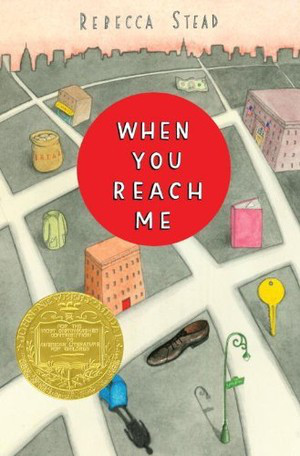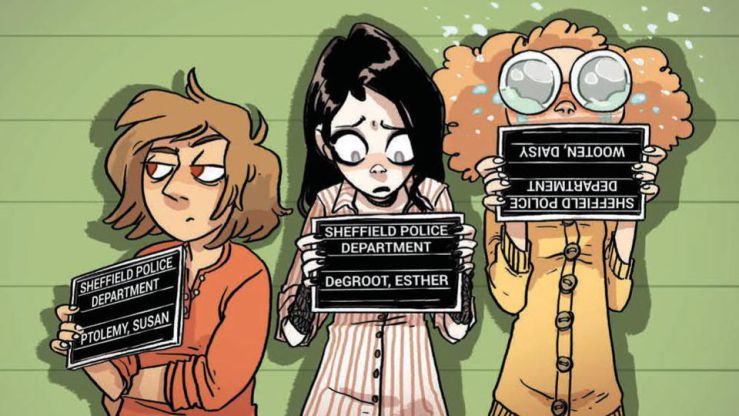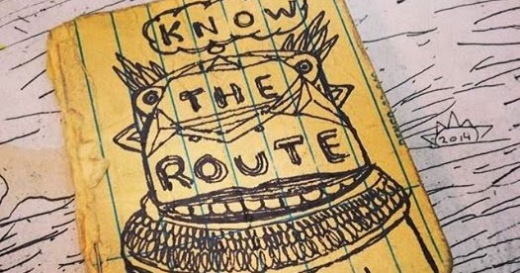By far one of my favorite player experiences was during a 3.5 campaign while playing my gray elf diviner wizard, T’Lerion Flowspell. I loved being able to buff out with dragonskin, have detect magic active, hold crown of eyes, arcane eye scouting, among other spells. So when I read through 5e’s Player’s Handbook for the first time and hit page 203, I was a bit saddened by a single sentence:
“You can’t concentrate on two spells at once.”
That hurt. Initially this was not something I was concerned with until I realized an incredible number of spells were concentration: of the 362 spells in the Player’s Handbook, 154 require concentration, nearly 43%. With 462 total between all the published books, 205 are concentration. So about 45% of all the spells in the game are concentration. That is a lot.
If you have read my About section, you know I weigh my judgments of RPGs based on how they do wizards. As such I am a bit disappointed with how concentration is handled, finding it too restrictive of the most iconic spell-casting class in D&D, to the point that it is undermining. Magic is powerful, but that nearly half the spells cannot be cast without losing another spell seems really counter to how I want magic to operate in the games I play in. Generally, my friends and I have ignored concentration requirements for spells we did not agree with. That stated, we want to formalize and share a way to work with concentration on multiple spells that is compatible with the current system. To do so, I will go through and try to understand the criteria for giving a spell the “concentration” designation and then through critique show the major short-comings of the concentration rules as written (and a few spells). Finally, I will offer my house rules for concentration, they are by no means finalized or extensively played with.
 A lot of out work wizards, trying to figure out how to get better at concentrating.
A lot of out work wizards, trying to figure out how to get better at concentrating.
From what Jeremy and I can figure, concentration spells have several common criteria, but do not have to meet all of them:
- Duration of an hour or less
- Provide some sort of benefit or hindrance
- Combat oriented
Most concentration spells have a duration of a hour or less. Some are weird choices to me: all the paladin smites are concentration. With the rules as written it means weighing not being able to have any other spells going (like shield of faith or any of the aura spells) in lieu of getting a hit with some extra damage and a neat effect INSTEAD of having a beneficial protective effect and fishing for a critical hit to then drop a high damage smite on (still not sure why the spell smites do not follow the same rules as regular smites, think it is so other classes, like bard, can pick them up). Hunter’s mark is a spell I can see being concentration, due to the theme of focus required to track a target and be aware of its physiology (though hunter’s mark should be a class feature, not a spell).
Benefits or hindrances are provided, but not always combat oriented. A good example of this is enhance ability. The amount of benefits of this outside combat are immense, but in combat only the temp hit points from bear’s endurance or getting advantage on initiative from cat’s grace are going to really help. Even detect magic is a concentration spell! That means that if I want to enhance my intellect via fox’s cunning and use detect magic to understand what my wizard is looking at, rules as written is impossible.
But two examples of spells that are too weak due to concentration are protection from energy and stoneskin. Both require concentration, but both provide ample opportunity for it to be broken.
Stoneskin is the easy one to see the issue with. RAW, a concentration check is required every time damage is taken. Stoneskin, a 4th level spell, requires concentration and has the target gain resistance vs non-magical slashing, piercing, and bludgeoning damage. But lets say you put up stoneskin on yourself and decided to wade through 20 goblins. Unless each of those goblins gets one or less damage on a hit, the caster of stoneskin is making a DC 10 Concentration check for each hit. One failure and the spell is gone. This seems really bad and poorly implemented. If stoneskin was implemented like the abjuration subclass’s arcane ward, it would not be an issue of concentration (this is also similar to 3.5 version of the spell).
And the same issue arises with protection from energy. It does not prevent damage, just grants resistance. There is a concentration check whether hit by a firebolt or an ancient red dragon’s breath (less the cantrip rolls a 1). Our angle on this was to rewrite protection from energy, where it prevents all fire damage to the target, but if the amount prevented from a single source exceeds 30, the spell breaks (means it can absorb the average fireball with a failed save). Because, simply put, due to the concentration rules, absorb elements is just a better spell (better action economy, lower level, with same effect).
All that said, powerful spells like hold person should be concentration. But this brings me to another issue of concentration: incapacitated. While going unconscious incapacitates, so does hold person. I understand going unconscious breaking concentration, but hold person just locks the person up while they continue to perceive the world around them, still being able to think (like a sleep paralysis). It should not stop their skin from being stone or their sword being set ablaze.
It should be noted that Constitution saves are hard for most spell casters. The only first tier spell casting class that gets proficiency in Constitution saves is sorcerer. That make sense, the magic is more innate. Even a DC 10 save is a 45% chance of failure for a base caster; and maybe a 35% if they have some bonuses and a higher Constitution.
Honestly, I see a lot of the spells as they are to maintain simplicity, but at the cost of being effective. So while house ruling spells is a grueling task, swapping up how concentration works is an easier task.
So here is the current draft of our house rules for concentration:
- Multiple Concentration: Characters can concentrate on a number of spells equal to their proficiency bonus -1. The total levels of the spells being concentrated on cannot exceed the highest level of spell the character can cast.
- Concentration Check (single spell): a character makes a concentration check when they take damage. The DC for this Concentration check is equal to half the damage done. If the character fails the check they lose concentration on the spell.
- Concentration Check (multiple spells): a character makes a concentration check when they take damage. The DC is equal to half the damage or 10, whichever is higher, plus 3 for each spell beyond the first they are concentrating on. On a failure, they lose the highest level spell being concentrated on, with ties being the player’s choice.
Example of this would be a 5th level paladin with both hunter’s mark and shield of faith up. If they got smacked by a goblin for 5 damage, they would have to make a DC 13 Constitution saving throw (base DC of 10 + 3 for the extra spell) or lose one of the spells, their choice. In addition, if they had concentration going on a 2nd level spell, they could not cast a 1st level spell without giving up their 2nd level, due that being the highest level they could cast.
Now a wizard example: say a 12th level wizard with a 12 Constitution (+1 mod) has concentration on banishment (4th), protection from good and evil (1st), and detect magic (1st). In the round they get struck by an arrow from a guard. Hit does a total of 7 damage. They have to make a DC 16 Constitution saving throw (base DC of 10 + 6 for having two extra concentration spells) or lose banishment. They roll a total of a 12 on the save and release the erinyes they banished. Now that erinyes pops its own arrow into our noble wizard. Hit for a total of 28 damage from the poison arrow. With the two spells remaining, that is a DC 17 check (half of 28 damage for a base DC of 14 + 3 for the extra spell). The wizard fails the save and gets to choose whether to lose detect magic or protection from good and evil.
These rules are by no means finalized, but are what my group is working with for the Skull & the Eye. I am open to suggestions, so hit me up on Twitter @OnlyPlayWizards
Share this:





